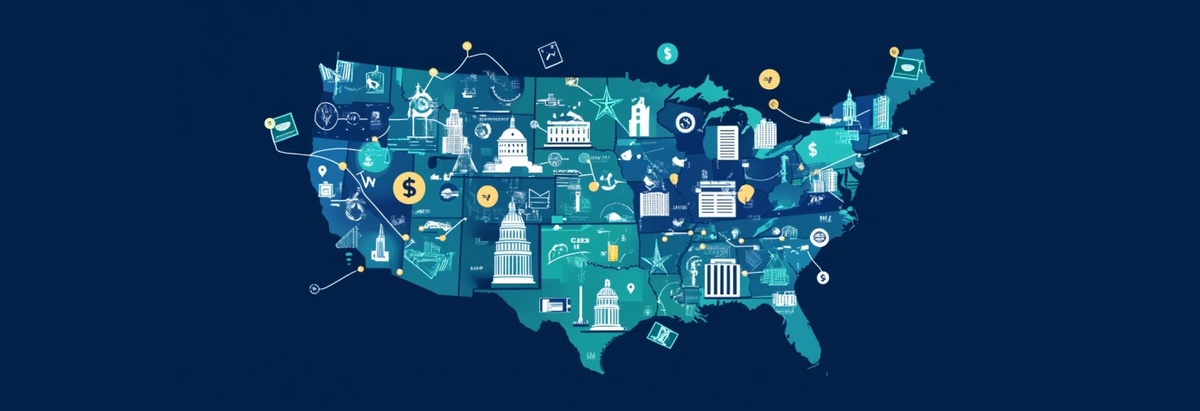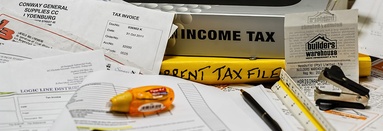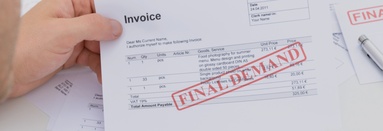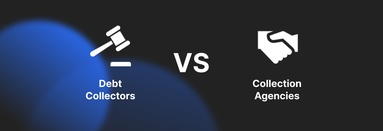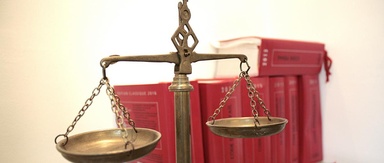Introduction
The United States is home to a vast network of collection agencies. With thousands of businesses operating across the country, the debt collection industry plays a crucial role in recovering delinquent accounts for creditors. While the exact number varies depending on the source, industry estimates suggest there are over 7,000 collection agencies in the US. These agencies range from small local businesses to large national firms like Pioneer Credit Recovery, CBE Group, Coast Professional, and Transworld Systems.
The Role of Collection Agencies in the Economy
Collection agencies are essential intermediaries between creditors and debtors. They help businesses recover unpaid debts, ensuring cash flow remains stable. Without these agencies, many creditors would struggle to reclaim money owed, potentially leading to financial instability. For entrepreneurs and business owners, partnering with a reliable collection agency can mean the difference between profit and loss when dealing with delinquent accounts.
Understanding the Debt Collection Process
The debt collection process typically follows three phases:
- Pre-Collection: In this phase, creditors attempt to contact the debtor directly through letters or phone calls to recover the money owed.
- Agency Involvement: If initial efforts fail, the account is referred to a third-party agency, such as Pioneer Credit Recovery or Transworld Systems. These agencies employ specialized workers trained in recovering funds.
- Legal Action: As a last resort, some accounts may enter arbitration or litigation to recover the debt.
Each phase is designed to escalate recovery efforts while complying with federal and state laws.
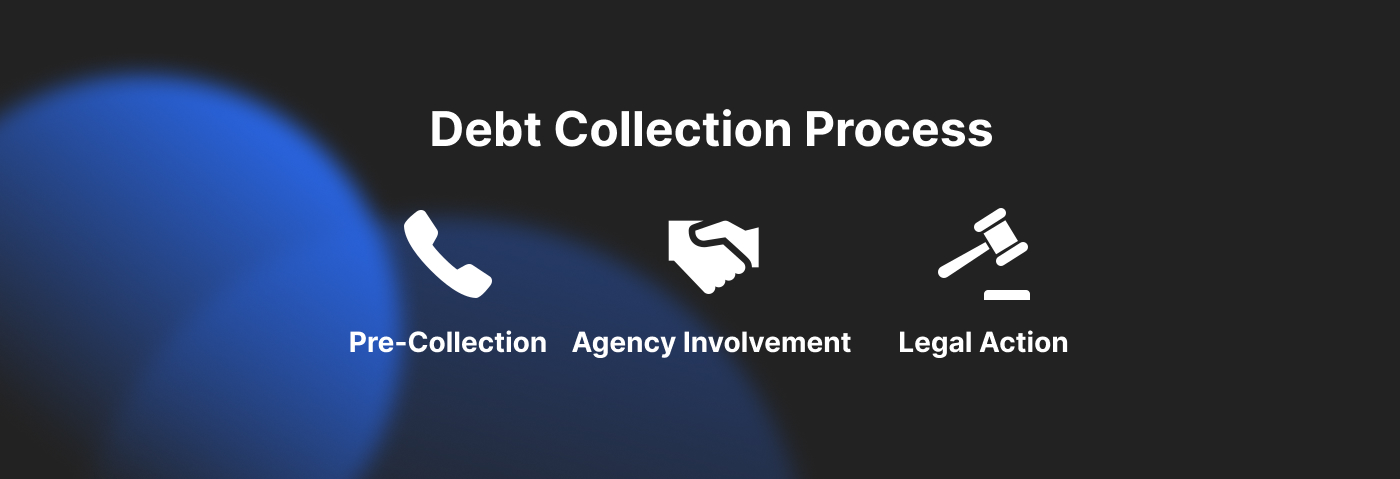
Debt Collection Laws and Regulations
The debt collection industry is heavily regulated to protect consumers from unfair practices. The Fair Debt Collection Practices Act (FDCPA) sets strict guidelines on how debt collectors can operate. Key provisions include:
- Prohibiting harassment or abuse.
- Requiring verification of debts.
- Restricting contact with debtors to reasonable hours.
- Banning deceptive practices.
These regulations ensure debt collectors operate ethically and that consumers have access to recourse if violations occur. Additionally, many states have their own debt collection laws, adding another layer of oversight.
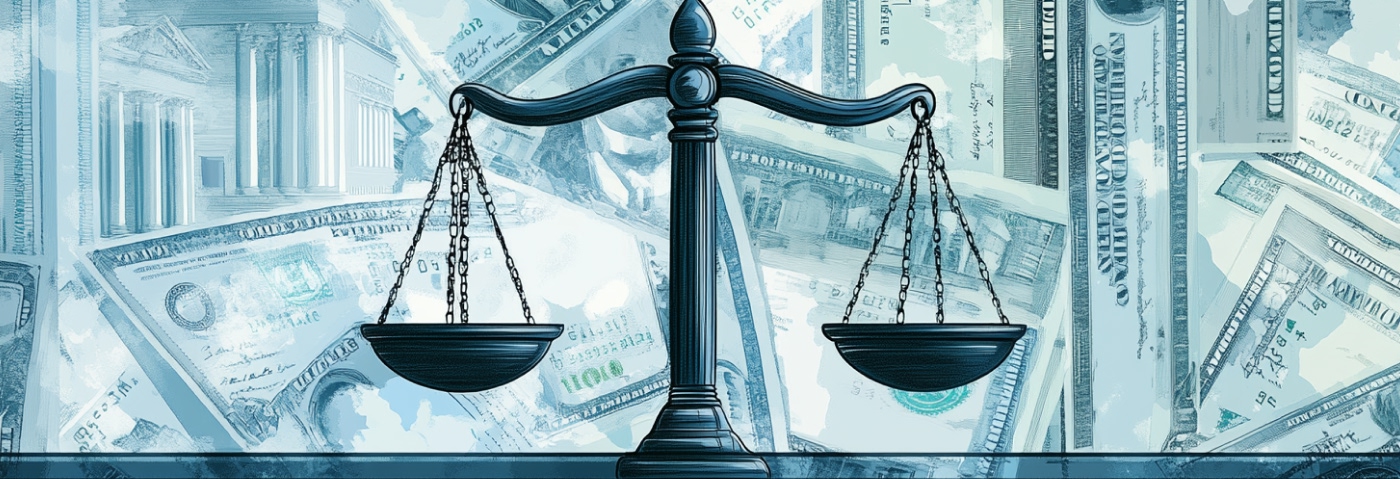
Who Are Debt Collectors?
Debt collectors are professionals tasked with recovering unpaid debts. They work for collection agencies or as independent contractors and handle accounts from various sectors, including medical bills, credit cards, student loans, and even rent arrears. Companies like Coast Professional and CBE Group are examples of firms employing skilled debt collectors to manage large volumes of accounts.
How Do Collection Agencies Operate?
Collection agencies often purchase delinquent accounts from creditors at a fraction of their value. These debts are referred to as "debt buyer portfolios." For instance, a collection agency might purchase $1,000 worth of debt for just a few pennies on the dollar, then work to recover as much of the balance as possible. Alternatively, some agencies operate on a contingency basis, earning a percentage of the recovered amount as their fee.
The Impact of Debt Collection on Businesses
For businesses, unpaid debts can lead to significant financial strain. By outsourcing recovery to a third-party agency, companies can focus on their core operations while improving cash flow. Collection agencies bring expertise, resources, and systems to track delinquent accounts efficiently. Whether recovering debts for small businesses or large enterprises, agencies like Transworld Systems provide a critical service.
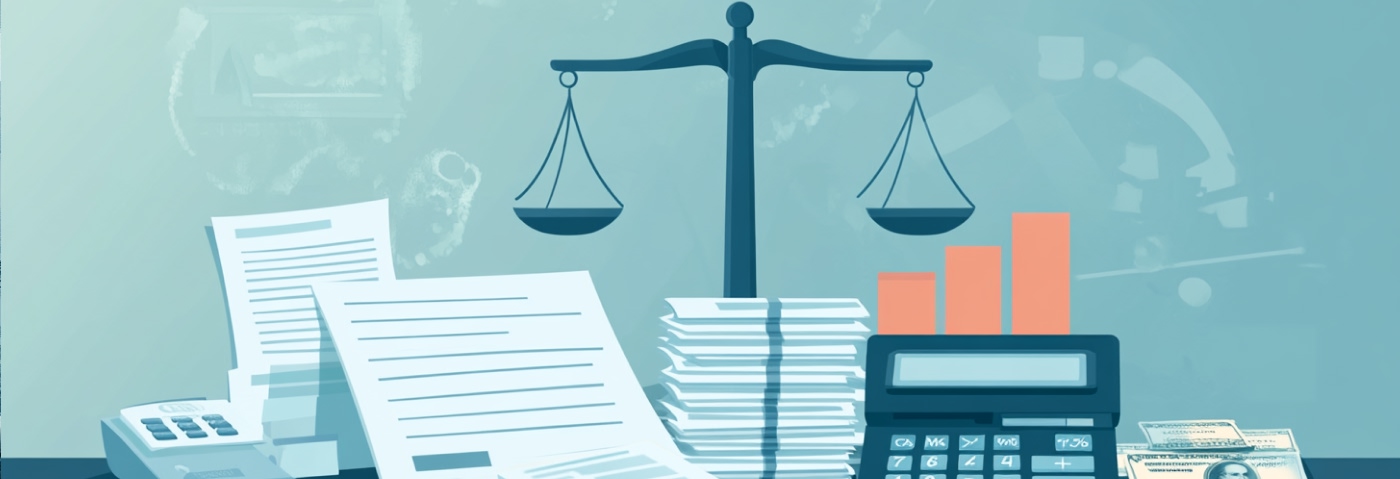
Common Challenges in Debt Collection
Despite their expertise, debt collectors face numerous challenges, including:
- Consumer Complaints: Many consumers report grievances about harassment or inaccurate debt claims. Agencies must address these complaints and ensure they comply with statutory damages guidelines.
- Verification Issues: Debtors often dispute the validity of debts, requiring collectors to provide thorough documentation.
- Regulatory Compliance: Adhering to laws like the FDCPA and state-specific statutes requires continuous training and oversight.
The Fair Debt Collection Practices Act (FDCPA)
The FDCPA is the cornerstone of ethical debt collection in the US. Enacted by Congress in 1977, it protects consumers from abusive practices while providing clear guidelines for debt collectors. Key requirements include sending a validation letter within five days of initial contact, avoiding misrepresentation, and refraining from contacting debtors at work if instructed not to.
Modern Trends in the Debt Collection Industry
The debt collection industry is evolving with advancements in technology and changing consumer expectations. Notable trends include:
- Digital Tools: Agencies are adopting online portals to make payments easier for debtors and improve transparency.
- Data Analytics: Enhanced analytics help collectors prioritize accounts likely to pay.
- Consumer-Centric Approaches: Emphasis on respectful communication and financial assistance options.
These trends aim to improve recovery rates while maintaining positive relationships with consumers.

Industry Giants: Examples of Collection Agencies
Some of the most prominent collection agencies in the US include:
- Pioneer Credit Recovery: Known for its work with government accounts.
- Coast Professional: Specializing in higher education and government collections.
- CBE Group: Handling accounts in healthcare, utilities, and telecommunications.
- Transworld Systems: A leader in both first-party and third-party collections.
These companies set industry standards and employ thousands of workers nationwide.
Financial Assistance Options for Debtors
Many collection agencies offer financial assistance to help debtors settle their accounts. Options may include:
- Payment Plans: Allowing debtors to pay in installments.
- Settlements: Negotiating reduced balances for lump-sum payments.
- Hardship Programs: Tailored solutions for individuals facing financial difficulties.
Providing these options benefits both collectors and debtors, ensuring higher recovery rates and fostering goodwill.
The Impact of Delinquent Accounts on Creditors
Delinquent accounts can severely affect a creditor’s bottom line. Each unpaid dollar represents lost revenue and potential cash flow issues. By employing collection agencies, creditors can recover some of these losses while freeing up internal resources to focus on their core business activities.
What Businesses Should Look for in a Collection Agency
When selecting a collection agency, businesses should consider the following factors:
- Compliance: Ensure the agency adheres to all relevant laws and regulations.
- Reputation: Look for companies with positive reviews and minimal complaints.
- Specialization: Choose an agency experienced in handling accounts from your industry.
- Technology: Opt for agencies using modern tools for tracking and communication.
Working with the right agency can significantly improve recovery rates while maintaining positive relationships with clients.
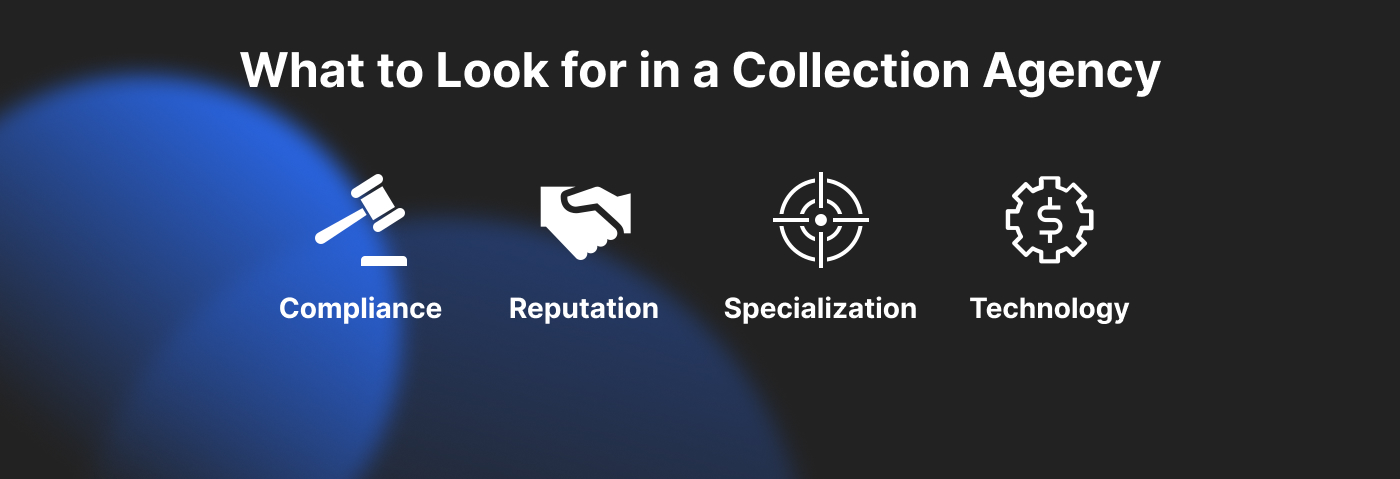
How Retrievables Can Help
Retrievables bridges the gap between businesses and the right collection agencies or collection attorneys, offering a streamlined way to recover debts effectively and efficiently. By connecting enterprises and SMBs with a network of specialized professionals, Retrievables ensures that businesses have access to tailored solutions, industry expertise, and compliance-focused services. This connection-driven approach empowers businesses to focus on growth while entrusting their debt recovery needs to capable and reliable partners.
The Future of Debt Collection
The debt collection industry is expected to grow as consumer debt continues to rise. Innovations in technology, coupled with stricter regulatory oversight, will shape the industry's future. Agencies that prioritize compliance, transparency, and consumer-centric approaches will thrive in this evolving landscape.
Conclusion
The US debt collection industry is vast and integral to the financial ecosystem, with over 7,000 collection agencies recovering billions of dollars annually. Businesses and creditors rely on these agencies to manage delinquent accounts, ensuring financial stability and profitability. By understanding the debt collection process and selecting the right agency, entrepreneurs and managers can effectively navigate this critical aspect of their operations. Meanwhile, consumers benefit from protections that promote ethical behavior and offer pathways to resolve outstanding debts. Retrievables stands out as a trusted ally in this landscape, helping businesses achieve efficient and compliant debt recovery.
